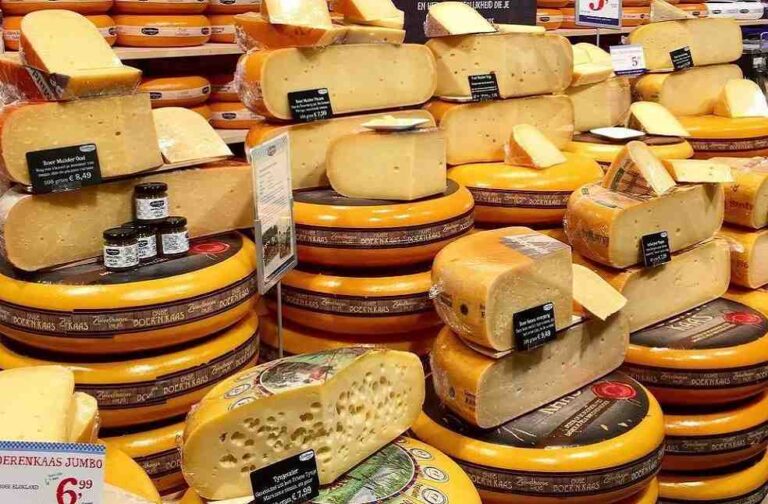January 2024 heralds a transformative phase for trade between the UK and the European Union, with new import rules taking center stage. Fresh food imports, particularly meat and dairy, will undergo stringent border controls, an outcome of the UK’s departure from the EU’s single market in January 2021. Despite exiting, the UK has repeatedly deferred these border controls due to cost concerns and potential upheaval.
The UK government’s unveiling of the Border Target Operating Model seeks to craft a premier border system. Lord Benyon, Defra’s (Department for Environment, Food & Rural Affairs) minister for biosecurity, emphasizes the critical nature of these controls for UK biosecurity, protecting the food supply, and maintaining plant and animal health.
Under the new system, the government projects annual savings of approximately £520 million for businesses, a stark contrast to the £330 million in extra charges reported by Sky News.

Starting 31st January, EU exporters must furnish extra health certificates for ‘medium risk’ plant and animal products. Physical checks, possibly costing up to £43, will commence from 30th April.
Independent wholesalers and retailers in the UK, especially those importing cheeses and meats from the EU, face the prospect of increased costs. Complex new paperwork and decreased availability might lead to EU exporters retracting from the UK market. Simon Jones from Forest Deli narrates challenges with fluctuating supplies and escalating prices, impacting their ability to satisfy customer demands. This predicament risks limiting the exposure of British consumers to distinctive European products.
Conversely, Nigel Jenney of the Fresh Produce Consortium sees the new model as a strategic, risk-oriented approach, setting the UK on course to become a top destination for fresh produce trade.

The British Chambers of Commerce (BCC) advises businesses to gear up for these changes, stressing the urgency of adapting supply chains. Mark Lynch from Oghma Partners posits that a shift in the UK’s political landscape, such as a Labour government’s ascent, could lead to rejoining the EU Phytosanitary regime, a move potentially beneficial for the food industry across the UK and EU.
This overhaul in trade regulations between the UK and EU marks a significant transition, with wide-reaching effects on trade dynamics, consumer options, and operational strategies of businesses, delineating a new chapter in the post-Brexit narrative.
DON’T MISS IT | New Zealand’s Dairy Lands Duty-Free in China: Big Win for Sino-Kiwi Trade!



